- Chicago
- Posts
- Cubs Push Back on Illegal Biometric Data Collection | WNBA Fandom Costs Rising
Cubs Push Back on Illegal Biometric Data Collection | WNBA Fandom Costs Rising
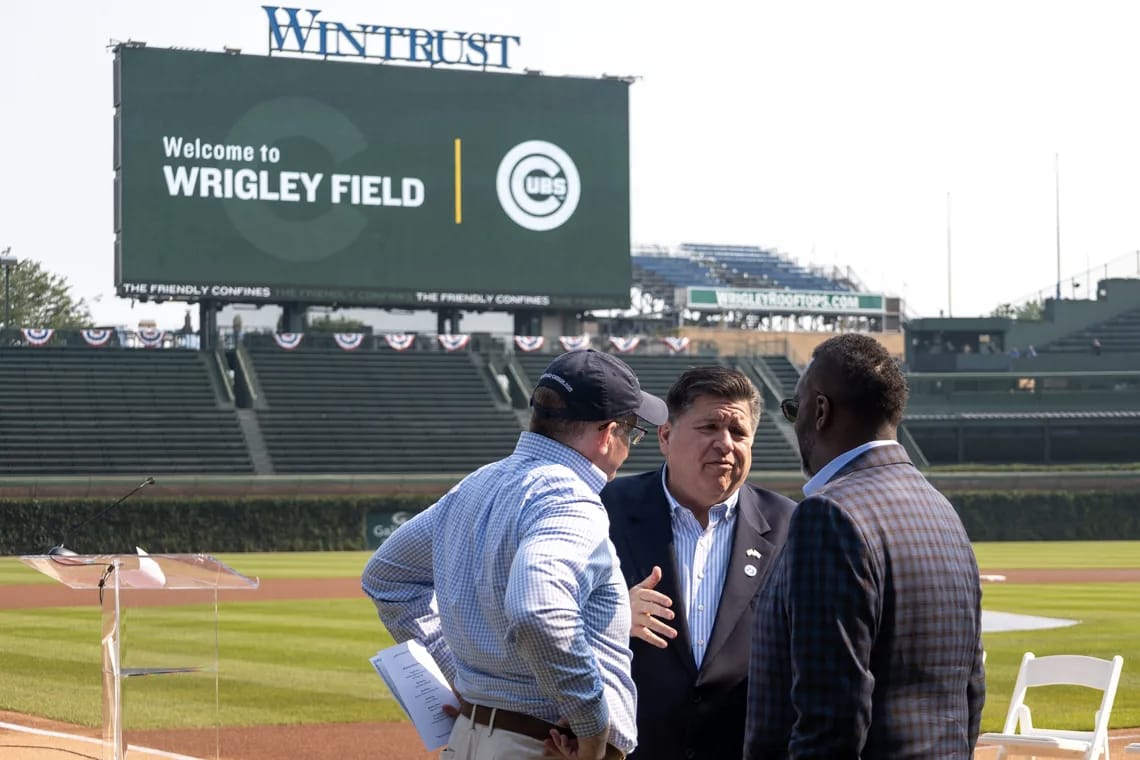
Should Gov. JB Pritzker’s boycott suggestion stop Chicago Cubs fans from watching Marquee? If Gov. Pritzker gets his way, Cubbies will band together and not watch the Cubs make their first playoff appearance since 2020. It’s a trick question and wishful thinking, at best. For starters, Pritzker declared he’s a Cubs fan while celebrating Wrigley Field as the site of the 2027 MLB All-Star Game. It would be a shocker if he doesn’t watch a single minute of the playoffs, especially if the Cubs make a run back to the World Series (if he is a true Cubs fan and not just being a politician). When most people, especially in this great sports city of ours, are faced with the choice between love of sports team and politics, the obvious choice wins out every time. It is a trick question because Marquee, which is co-owned by the Sinclair group that tried to censor Jimmy Kimmel, won’t be airing any of the playoff games. Fans may end up saving themselves some bucks anyway by pausing service until the season returns next Spring. But even if Marquee was airing the games, Pritzker’s ask is too high a price for diehards to be willing to pay. The Tribune’s Paul Sullivan gives his full take on better options that Gov. Pritzker could ask of Cubbies.
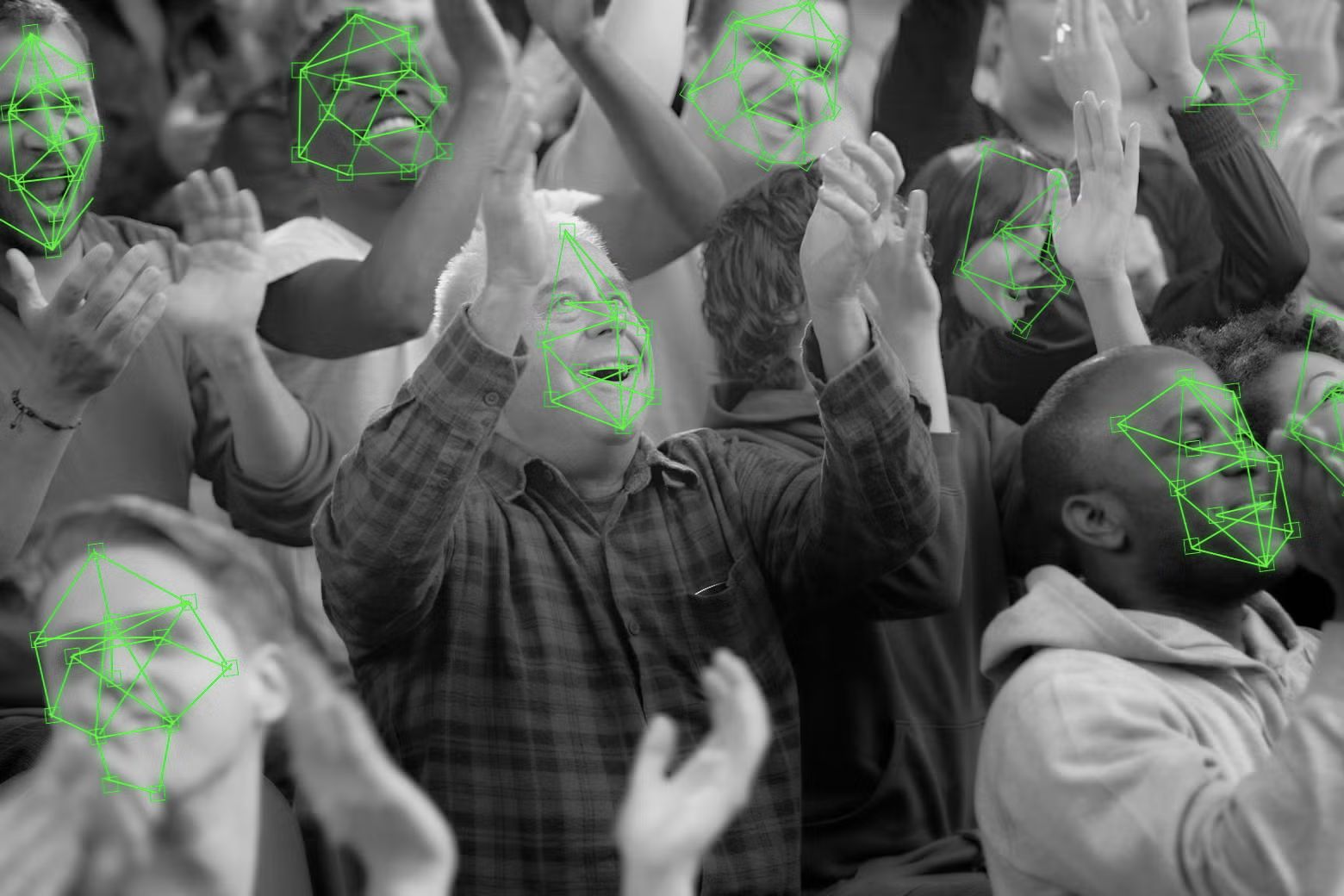
Cubs push back against claims of illegal biometric data collection at Wrigley Staying on the North Side, the Cubs are preparing to fight allegations that it acted as Big Brother to unsuspecting fans. According to the class-action lawsuits, Wrigley Field’s advanced surveillance systems use facial recognition technology and keep this biometric data illegally. Illinois is one of three states with laws specifically regulating biometric data collection. Otherwise, ballparks around the country use this technology to varying degrees. Whenever class-action lawsuits get tossed around, both sides brace themselves for a long, expensive legal battle. The front office of the Cubs has been defiant so far. Their Senior Director of Communications is vowing to ‘vigorously’ defend the club from the claims. Whether the Cubs are found guilty or not, if they continue their winning ways over the next several seasons, it would be tough to imagine the lawsuits having much impact on fans deciding whether to attend games or not. It would be seen as a reasonable price to pay to watch the Cubs play. Crain’s dives into the other defendant in this case and how the lawsuit came about.
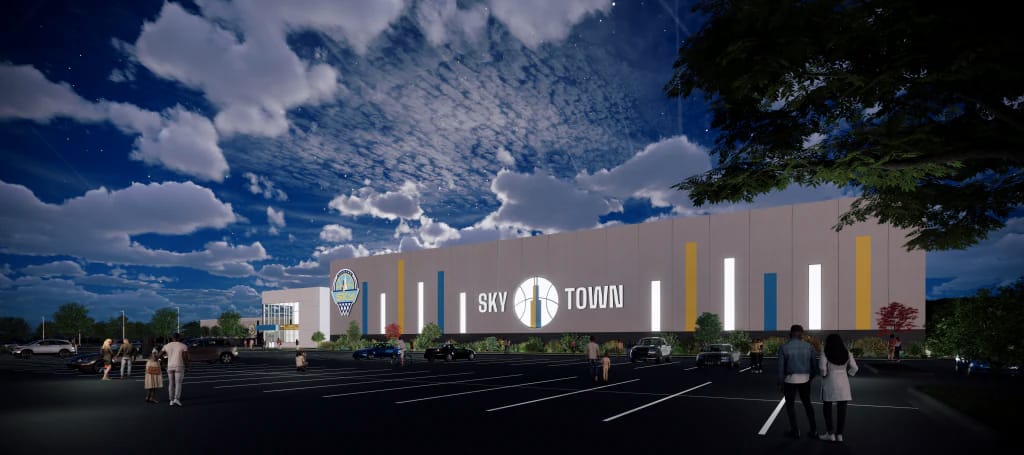
Will the Chicago Sky’s new training facility in Bedford Park open for the 2026 season? Cost overruns and construction delays are a routine part of every stadium or sports facility build. With the completed structure costing $18 million more than projected and open 6 months later than expected, the Sky will have to race against time to finish before next season. The Village of Bedford Park will own the Wintrust Sports Complex. Even though they have publicly gotten along with the Sky despite the delays, behind the scenes, there have been signs of thinning patience. The village leadership was expecting the project to be completed by this December, allowing the village to generate revenue from field rentals and other expansions included in Phase 2 of the construction project. The Sky has more than just the Village of Bedford Park to worry about appeasing, though. After an abysmal season on the court that took a step back from Angel Reese’s rookie season, the team must put out a better product for fans watching and to attract top free agents. A new training facility goes a long way in boosting the team’s attractiveness. But ultimately, few top free agents will want to call the Windy City home if the team is only gonna win less than 30% of their games. Read more into the Tribune’s account of the back and forth between the Sky and Bedford Park on the Wintrust Sports Complex.
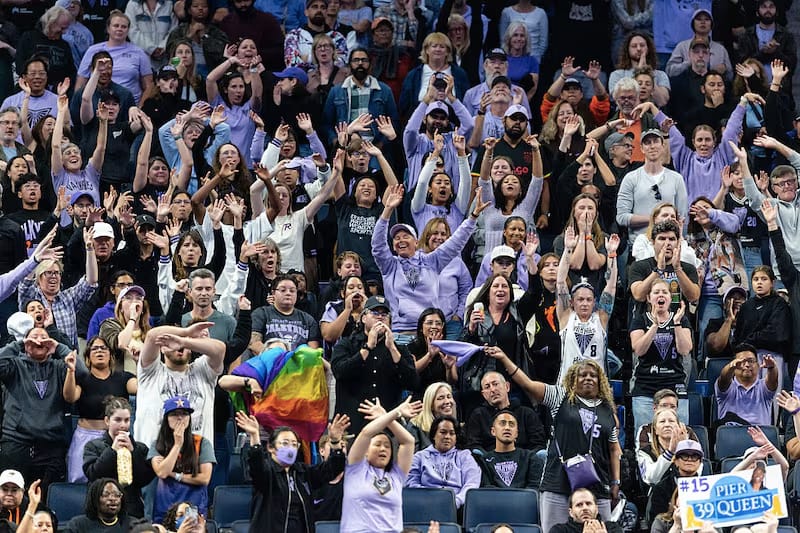
WNBA fandom costs rise as growing popularity drives up ticket prices Progress can be a double-edged sword. Just a few years ago, WNBA games were afterthoughts. Sky fans like Eric Nemchock could get courtside seats for $9,000 for the entire season last year. This season? Prices have more than doubled to $22,000. Growth opportunities in the form of new media rights deals, more sponsorships, and more teams have the WNBA poised to profit significantly. But it could come at the expense of alienating grassroots fans. The WNBA has carried the burden of creating an inclusive atmosphere for all fans, something the men’s pro leagues haven’t had to emphasize. Players and fans fear that the rapid growth of the league and women’s sports in general is pricing out the day ones — fans who were there supporting their team at sparsely populated arenas that weren’t widely broadcast. It’s the name of the game, though. The NBA experienced a similar transformation during the 80s. The league went from half-empty arenas and the NBA Finals being shown on tape delay during the 70s to overwhelming growth thanks to Magic vs. Bird and, of course, His Airness. Fans of the NBA had to adjust to the new corporate sponsors and star-driven marketing. WNBA fans will have to do the same. The Athletic provides personal accounts of how much ticket prices have increased for fans in just a couple of years.
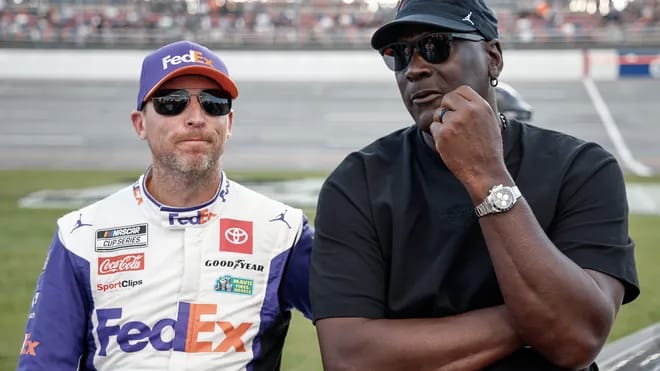
23XI, Front Row Dispute NASCAR’s ‘Illegal Cartel’ Counterclaims As Jordan’s quest for sports ownership success continues on the racetrack, the growing feud between his team and NASCAR won’t help his cause. NASCAR’s counter lawsuit against Jordan’s 23XI Racing and Front Row Motorsports comes almost exactly a year after the initial antitrust lawsuit filed against it. NASCAR now claims the plaintiffs in that case were essentially trying to start a mutiny among teams when it didn’t agree to NASCAR’s charter terms. 23XI and Front Row want preferred terms over what the charter allows, which is their response to what they call NASCAR’s monopolistic practices. The trial would be set for December 2nd, unless the two sides reach a settlement. Based on the surface-level details, 23XI and Front Row seem to have a stronger case. But it doesn’t help that 13 of the 15 chartered teams have already accepted NASCAR’s charter terms. NASCAR’s claims of a 23XI and Front Row-led mutiny seem equally far-fetched. It’s the perfect recipe for a stalemate. Find out who else is involved in the NASCAR counter lawsuit.

Boomerang is powering lost and found for the Philadelphia Eagles, Denver Broncos, Buffalo Bills, Tennessee Titans and Cleveland Browns stadiums. There’s nothing more frustrating than being on Cloud 9 after a big home win, getting back to your car among a sea of people doing the same thing, then realizing you left your phone or merch at your seat. Instead of having to make the dreaded journey back into the stadium while hoping your stuff is still there, Boomerang has you covered. It has automated lost and found for airports, Hollywood’s Universal Studios, and five NFL teams. Boomerang’s latest partnership with the Eagles puts it in 15% of NFL stadiums, with expectations for that number to increase. It’s a no-brainer to have this type of technology. Each year, millions of dollars’ worth of valuable items are left behind at stadiums, hotels, and theme parks. Once fans at participating stadiums experience the value of automated lost and found, word will quickly spread, and it’ll become a necessity at every NFL stadium. Seventy Six Capital reviews the press release, detailing how Boomerang’s app works.
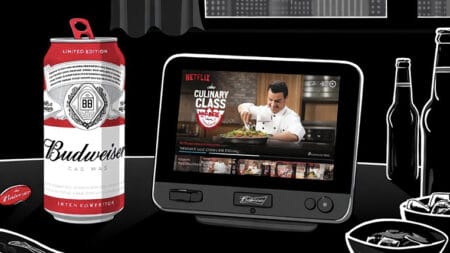
Netflix Strikes Global Marketing Deal With Beverage Giant AB Inbev In Netflix’s eyes, there’s no frontier it can’t conquer. Movies were first, then came TV. Expanding their sports portfolio like they are now has been easy. Logically, the next step was to team up with the world’s largest brewer to strike an unprecedented marketing deal. The international reach of both companies makes this a mutually attractive deal. For Netflix, its intellectual property will be featured in live activations and AB InBev packaging worldwide. That means it can further scale its ads business, which is only two years old. Paired with the slew of media rights deals it has acquired in sports over the past few years, Netflix has a marketing deal that can accelerate its impact on the sports media landscape. It now has the keys to capture the attention of every age group and watching preference, a far cry from its tough times just a few years ago. The Hollywood Reporter has the full details on the new marketing deal here.